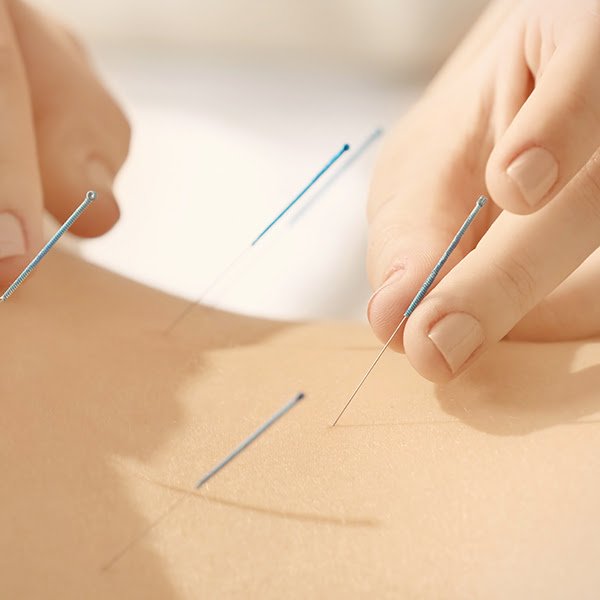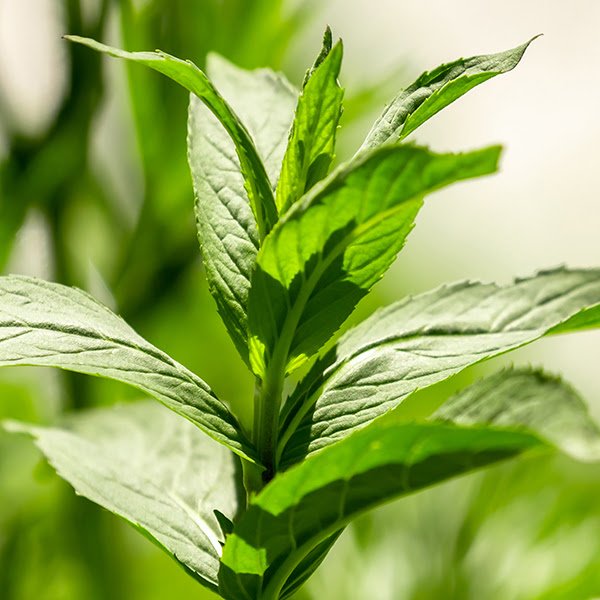Vagus Nerve & Your Health: How Chinese Medicine Can Restore Your Vagus Nerve Function
Did you know the vagus nerve is one of the body's longest and most complex nerves? It runs from the brainstem through the face, neck, chest, and abdomen and regulates a wide range of bodily functions, including:
Heart Rate: The vagus nerve helps regulate the heart rate by sending signals to the heart to slow down or speed up.
Digestion: It also plays an important role in digestion, helping to stimulate the production of stomach acid and digestive enzymes and controlling the movement of food through the digestive tract.
Respiratory Function: The vagus nerve helps regulate breathing by controlling the muscles involved in the process.
Immune Response: The vagus nerve is involved in regulating the immune system, helping to reduce inflammation and protect against infection.
Mood and Emotional State: It is also involved in regulating mood and emotional state, and has been linked to conditions such as anxiety and depression.
As you can see, the vagus nerve is involved in a wide range of critical bodily functions. Problems with the vagus nerve can lead to a range of health issues, some of these include:
Gastroparesis: This condition occurs when the muscles in the stomach are unable to contract properly, leading to delayed emptying of the stomach. Gastroparesis can be caused by damage to the vagus nerve, which stimulates stomach contractions.
Bradycardia: Bradycardia is characterized by a slow heart rate, typically less than 60 beats per minute. This can be caused by dysfunction of the vagus nerve, which helps regulate heart rate.
Irritable bowel syndrome (IBS): IBS is a common digestive disorder characterized by abdominal pain, bloating, and diarrhea or constipation. Dysfunction of the vagus nerve has been implicated in the development of IBS. This can often lead to the development of SIBO—small intestine bacteria overgrowth.
Depression and Anxiety: The nerve is involved in regulating mood and emotional state, and dysfunction of the nerve has been linked to conditions such as depression and anxiety.
Cardiovascular Disease: Dysfunction of this critical nerve can contribute to the development of cardiovascular disease, as the nerve plays a vital role in regulating heart rate and blood pressure.
It's important to note that these conditions can have multiple causes, and dysfunction of the vagus nerve may not always be the primary cause. However, understanding the vagus nerve's role in these conditions can be helpful in developing treatments and therapies.
Conventional medicine currently does not have a standard of care for vagus nerve disorder besides surgery and an implantable vagus nerve stimulator. However there are less drastic and natural treatment modalities to stimulate and restore the vagus nerve function. Acupuncture, meditation, and herbal medicines can positively affect health, including reducing inflammation, improving digestion, and reducing anxiety and depression.
Acupuncture
Acupuncture has been found to regulate the vagus nerve through several mechanisms. Here are some examples.
Modulating Neurotransmitter Levels:
Acupuncture has been found to modulate neurotransmitter levels in the brain, including increasing the release of acetylcholine, a key neurotransmitter involved in the activity of the vagus nerve.
Reducing Inflammation:
The vagus nerve plays a vital role in regulating inflammation, and acupuncture has been found to reduce inflammation by activating the vagus nerve.
Increasing Heart Rate Variability:
Heart rate variability (HRV) measures the variation in time between heartbeats. It is an indicator of vagus nerve activity. Acupuncture has been found to increase HRV, suggesting that it may enhance the nerve's function.
Meditation
Not surprisingly, daily meditation practices elicit a similar response as acupuncture in helping to restore vagus nerve function. I invite you to learn and master meditation for your health by joining me for my 8-month online meditation course, which begins on March 22. Sign up here. Or download my guided Calm Meditation audio here.
Herbal Therapy
Several herbs have been found to positively impact the vagus nerve.
Hawthorn is a berry commonly used in Chinese medicine. Studies have found that the function of the vagus nerve is improved by increasing the expression of acetylcholine receptors in the heart tissue. Peppermint is traditionally used for digestive issues, and studies have found that it improves gastric emptying and reduced symptoms of dyspepsia by enhancing vagal activity. Jujube is a fruit that is commonly used in Chinese medicine. A study published in the Journal of Nutrients found that jujube extract can improve the function of the vagus nerve by increasing the expression of acetylcholine and NGF in the brainstem of rats. These and other herbs are found in the Wood Element formula, which corresponds to the season of Spring, when the vagus nerve becomes more active following the stillness of Winter.
Take control of your health and wellness and support healthy vagus nerve function by meditating and taking beneficial herbs daily and receiving acupuncture treatment regularly.



